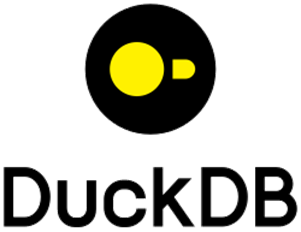In my last post, I addressed two critical questions on data literacy:
- What is it?
- Who has it?
Today I'll cover two related queries on this increasingly important topic.
Which organizations typically lack data literacy?
I want to be careful here about stereotyping, but it's fair to say that data literacy is not evenly distributed – to paraphrase the author William Gibson. It's evident that many hidebound industries and organizations still rely largely if not exclusively on opinion, data be damned. For instance, quite a few traditional publishers have suffered because, as Seth Godin points out, they don't know who buys their books. You don't have to be a rocket surgeon to know that it's tough to make ideal business decisions without this type of essential information. That is, employees here are allowed to be data illiterate.
Beyond this, many higher-education institutions have largely minimized their usage of student data – often to their own peril. (Some have used FERPA as a crutch to avoid getting their hands dirty.) That is starting to change, especially given increasing pressures on state budgets. Case in point: Georgia State has done remarkable things to reduce student turnover:
Working with EAB, a research/technology solutions company, the university launched a data system in August 2012 to track its then 30,000 students on 700 initial risk factors.
“Now we know that if you get a C in your first math course…it might impact you in your upper-level accounting course,” Renick said. “If you are waiting for students to self-diagnose and identify the problem, it is too late.”
In a word, wow. Also of note is the University of California at Irvine’s School of Education. (Want to learn more? Read about the institution's quest for data literacy.)
Those who doubt the benefits of making data-based decisions ought to pay heed. At present, though, the school remains the exception to the rule: Colleges and universities are just getting started, often hampered but plain old aversion to change.
How can organizations obtain data literacy?
Organizations can take a number of steps to increase their levels of data literacy, including:
- Recognizing that data literacy matters. (Yes, this is obvious, but it warrants formally mentioning.)
- Recognizing that an organization doesn't acquire it overnight.
- Learning from companies that excel in this regard. Exhibit A: Amazon.
- Hiring employees based on their curiosity and fluency with data.
- Renting data scientists on sites such as Kaggle.
- Adopting new dataviz tools that encourage data discovery.
- Refusing to try and cram all data into a data warehouse when a data lake represents the better solution. At a bare minimum, know the difference between the two.
- Firing employees who refuse to make data-based decisions.
- Evaluating employees based upon data literacy and recognizing that it's a core skill à la communications.
- Reward employees who turn data into information and, ultimately, knowledge and wisdom.
Notice how I left out hiring a chief data officer. Does it hurt? No, but in and of itself the act achieves nothing and it's certainly no elixir to data-related problems.
Simon Says: The journey is worth the reward.
No, data literacy doesn't just appear in the door and magically happen. I don't see any magic bullets, just the hard stuff: Smart hiring, building a data-literate culture, and unlearning bad habits. Make no mistake, though: the juice is worth the squeeze.
Feedback
What say you?
Download an e-book: Becoming a data-driven organization: The what, why and how






